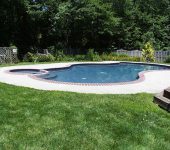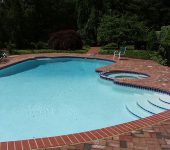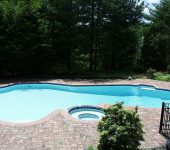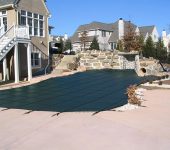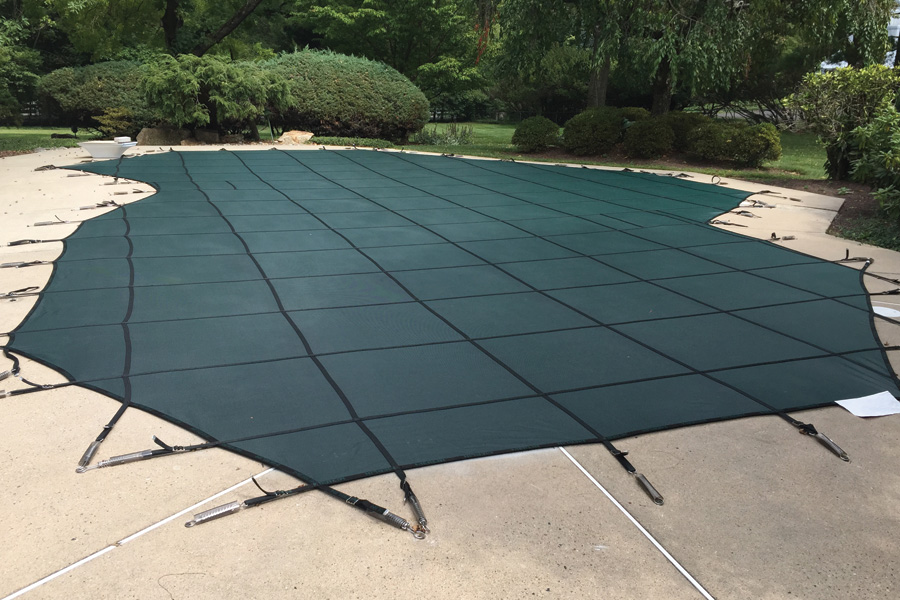
Top Pool Closing Mistakes
It’s the very sad process that happens every year: the closing of your pool. When fall comes and winter is just around the corner, it’s time to shut down your pool for the season. What a lot of pool owners don’t realize, however, is that there are a lot of common mistakes made by people with swimming pools when they are shutting their system down for the winter. Here’s a list of common pool closing mistakes and advice on how to avoid and fix the problems.
Speed—you just want to get it over and done with, and that’s understandable. But the truth is, with a little bit of time, you can make sure no harm is done to your pool over the winter months. A lot of pool owners believe that the water will be ruined through winter anyway, so what’s the point? But with the proper planning, the right chemicals and a secure cover, you water will be clear when spring comes.
Chemicals—from pH to alkalinity, the chemicals in your pool need to be monitored and maintained for a healthy pool environment. All too often, winterizing chemicals get dumped or overused during the pool closing procedure. When used correctly your water will be clear in the spring if you shoot for a pH between 7.2 and 7.6, an alkalinity around 80-120ppm and you want your calcium hardness to be between 180-220ppm.
Drainage—as you all know, when water gets cold, it freezes. If water is not properly drained from the pump and filtration system, the water will expand and damage the pipes, pump and filter.
Cleaning—pool owners will do all the necessary chemical steps, but then not clean out the pool before the winter cover is placed on the pool. Dirt, debris and leaves will ruin your pool water quality over the course of the winter season.
If done correctly, the pool closing procedure can save you a lot of time, money and hassle in the spring. Have swimming pool closing professionals close your pool to ensure everything is done right the first time.


 Hours
Hours
